Riding a bike in the Netherlands is one of the best ways to experience the country’s stunning landscapes and cities. But just like driving a car, cycling comes with its own set of rules—and the Dutch take them seriously! Let’s dive into some frequently asked questions, with a special focus on what tourists need to know.
1. Are electric bikes (e-bikes) legal?
Yes, e-bikes are legal in the Netherlands, but they come with their own set of rules. If your e-bike has a maximum speed of 25 km/h, it’s treated like a regular bike. However, if it’s a speed pedelec (up to 45 km/h), it’s classified as a moped. This means you need to wear a helmet, have a moped driving license, and follow the corresponding speed limits
2. Do I need a helmet?
No, helmets are not required for regular cyclists in the Netherlands. This might seem surprising given the country’s love of cycling, but thanks to excellent cycling infrastructure and culture, the roads are generally safe. However, helmets are mandatory for speed pedelecs (high-speed e-bikes that can reach up to 45 km/h). Even though helmets aren’t required, many people—especially parents—choose to use them for their children .

3. Must I use bike lights?
Yes! Dutch law is strict when it comes to bike lights, and you must have a white or yellow light on the front and a red light at the rear. These lights must be on if you’re cycling in the dark or in low visibility conditions like fog. Your lights should be steady, not blinking, and you must also have reflective materials on your pedals. The fines for not having lights or proper reflectors range from €45 to €70 . It’s an easy rule to follow and ensures both your safety and that of others.

4. Can I cycle while using my phone?
No, using your phone while cycling is illegal in the Netherlands and could result in a €140 fine . It’s treated similarly to using a phone while driving. You can, however, use hands-free devices, so if you rely on your phone for navigation, consider investing in a phone holder.
5. Is it okay to ride with headphones?
Yes, riding with headphones is legal, but not recommended. You need to be aware of your surroundings—bells, car horns, or sirens—so it’s best to keep the volume low or wear only one earbud. While you’re unlikely to be fined for this, it’s still safer to keep your ears open .
6. What about cycling with a passenger?
Yes, you can carry passengers on your bike, but there are a few conditions. If the passenger is under 8 years old, they must sit in an approved child seat . You can also see many bikes in the Netherlands designed specifically for carrying multiple passengers, like cargo bikes. For casual bike rides, riding with a friend on the back is common, but make sure your bike is built for it!
Here is our client takes his pet goat for a walk on a family C cargo bike:

New to Cargo Bike?
More Reading :
What can you use a Cargo Bike for ?
How are cargo bikes better than traditional bikes
7. Where should I cycle?
Stick to bike lanes! The Netherlands has extensive bike paths, and you’re expected to use them when available. If there’s no bike lane, cycle on the right side of the road with traffic. Cycling on the sidewalk is illegal, and you can get fined if caught . Dutch drivers and pedestrians expect cyclists to follow these rules, so stay in your lane—literally.
8. Do pedestrians have priority?
Yes, always yield to pedestrians at zebra crossings and crosswalks . In the Netherlands, pedestrians are treated with the utmost priority, and failure to give way can lead to fines as high as €180. Think of it as rolling out the red carpet for them!
9. What are “shark teeth”?
“Shark teeth” are triangular markings on the road that tell you to give priority to traffic coming from another direction. If the shark teeth are pointing toward you, it means you need to stop and let others pass. This rule applies to both cars and bikes .
10. Can I bike under the influence?
No. Riding a bike under the influence of alcohol or drugs is illegal and carries stiff penalties. If you’re caught, you could face fines starting at €200 . So, while Dutch culture loves its “borrels” (drinks with friends), it’s better to walk or take a cab home afterward.
11. Is buying a bike off the street a good idea?
Imagine walking through town when someone offers you a bike for 25 Euros. Tempting? Maybe. But chances are, it’s stolen. Buying it could land you in legal trouble, not to mention having the bike confiscated. Plus, supporting theft only encourages more bikes to vanish. Instead, stick to legitimate sellers—whether it’s a trusted bike shop or a verified second-hand platform. A slightly higher price ensures you’re getting a legal, reliable bike without any nasty surprises down the road.
12. Can tourists rent bikes easily?
Absolutely! Renting a bike is simple and straightforward in the Netherlands, with bike rental shops available everywhere, from large cities to small towns. Most rentals require a form of ID and a deposit. If you’re near a train station, many stations also offer bike rentals for a small fee. The average daily cost for a rental is usually affordable—around €10-15 per day .
13. Are there any specific rules for tourists?
While tourists follow the same cycling rules as locals, there are a few extra tips to keep in mind. First, lock your bike securely—bike theft is common in busy cities like Amsterdam. Use a sturdy lock and, if possible, attach your bike to a fixed object. Also, familiarize yourself with Dutch traffic signs and signals before hitting the road . Lastly, remember that Dutch cyclists can be fast and confident, so don’t feel pressured—take your time and cycle at your own pace.
14. What happens if I break a cycling rule?
The Dutch police are usually laid-back, but they do enforce cycling laws. If you break a rule, you’re likely to face a fine. Some common fines include:
• €70 for no lights at night
• €140 for using a phone while cycling
• €120 for running a red light .
15. How about parking my bike?
Proper bike parking is essential in the Netherlands. In busy city centers, always park in designated bike racks. If you park your bike improperly (like on the sidewalk or in front of a shop), your bike could be impounded by the city, and you’ll need to pay a fee to retrieve it . Outside city centers, it’s usually fine to park on the sidewalk, but make sure there’s enough space for pedestrians.
Reference:
Government of the Netherlands. (n.d.). Safe cycling. Retrieved from https://www.government.nl/topics/bicycles/safe-cycling

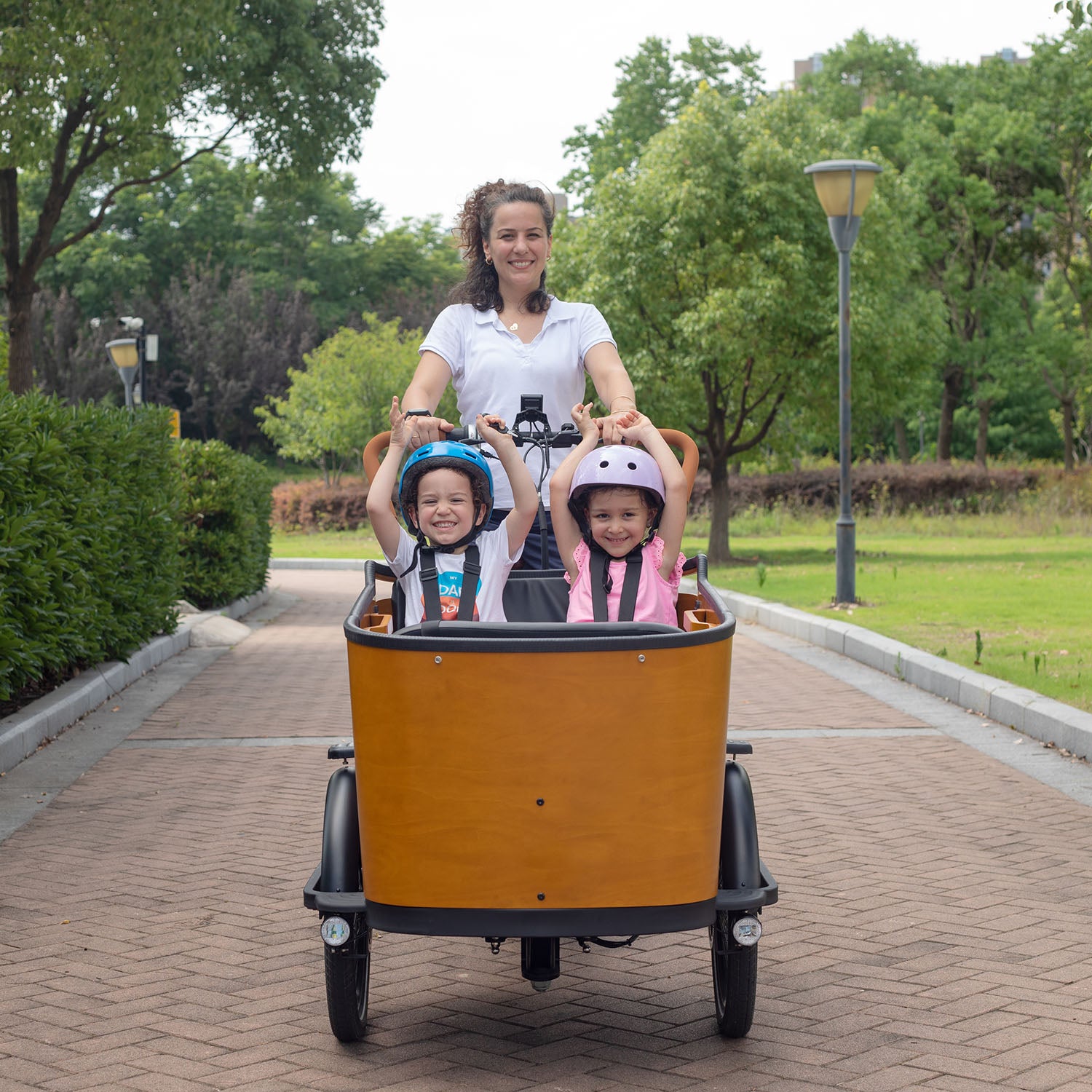
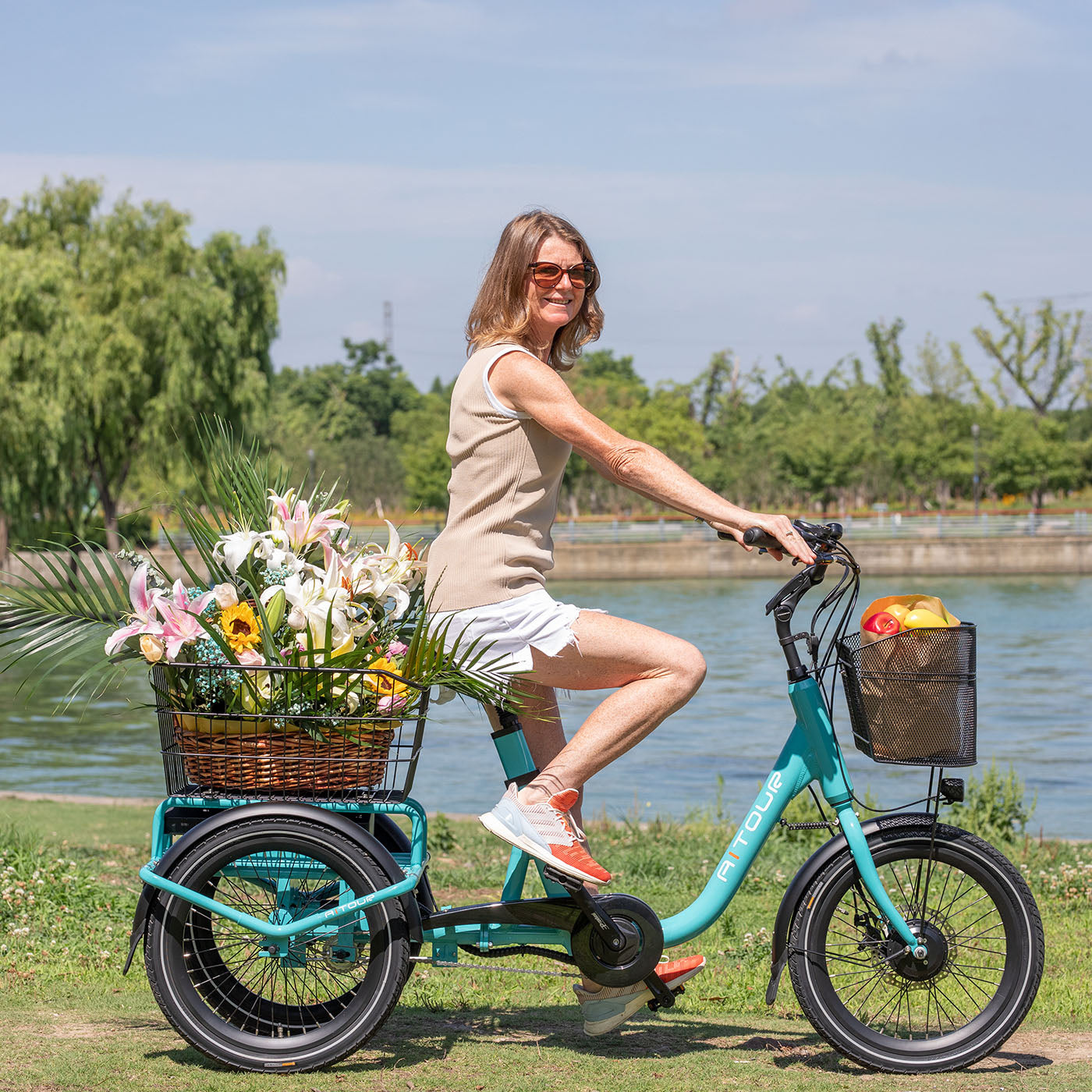
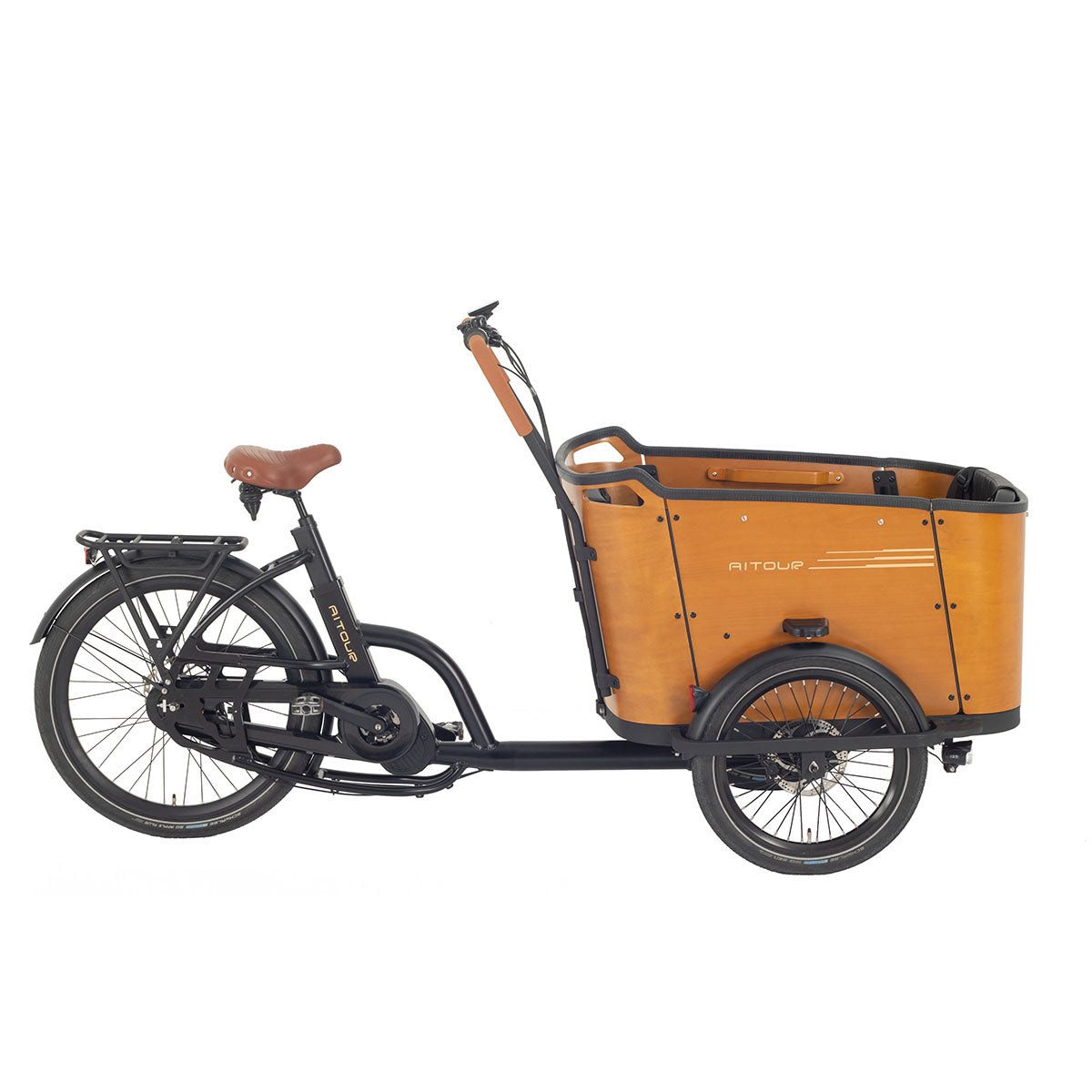
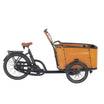
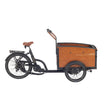
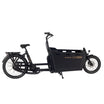
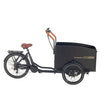

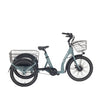
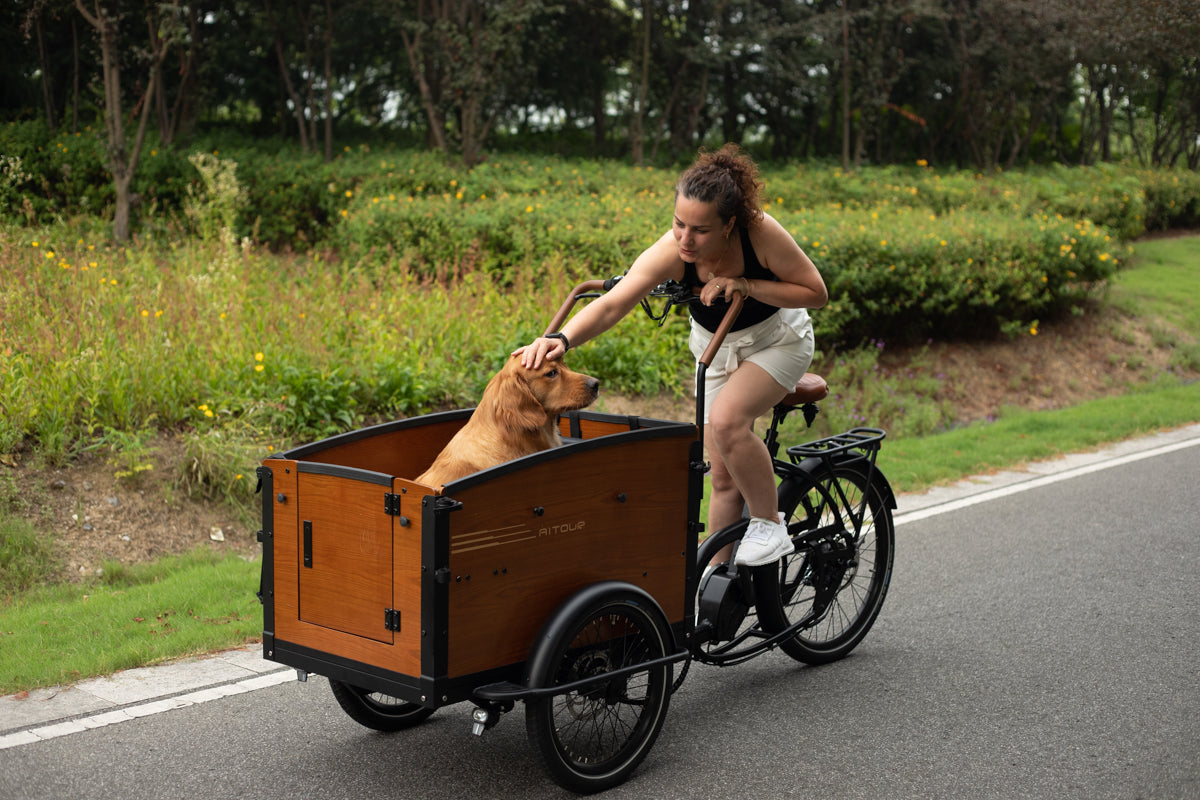
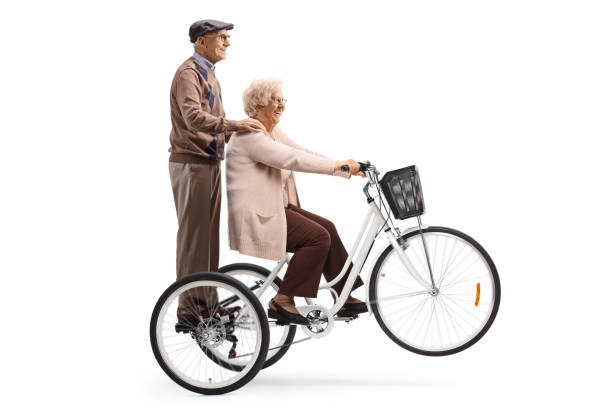
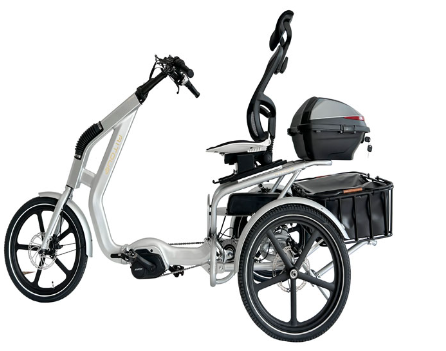
Leave a comment
All comments are moderated before being published.
This site is protected by hCaptcha and the hCaptcha Privacy Policy and Terms of Service apply.